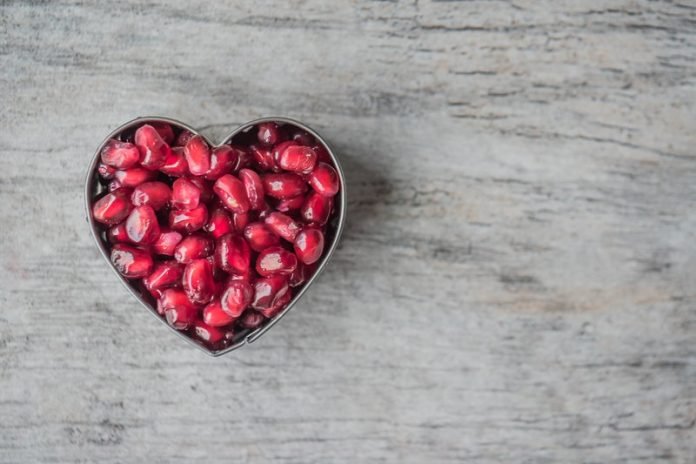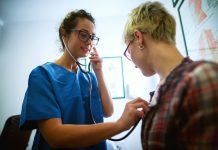
Doctors and researchers are just beginning to document and understand the effects of heart disease in complicating and endangering recovery from the COVID-19 virus, as well as the potential impact of COVID-19 on the heart.
In a new Loyola Medicine video, “Heart Disease and COVID-19,” cardiologist Asim Babar, MD, recommends that individuals with heart disease take especially good care of their health and heart during this pandemic.
“The effects of the COVID-19 virus on the heart are an actively developing topic right now,” says Dr. Babar.
This includes the impact of heart disease on COVID-19 recovery, as well as the possible direct impact of COVID-19 on the heart muscle itself; with the potential for COVID-19 to trigger arrhythmias, heart attacks and even cardiac arrest.
For patients with a history of heart disease, “the best thing to do is to continue taking medications that are prescribed,” both to prevent exacerbation of a heart disease or condition and to minimize the effects of heart disease on COVID-19.
Any over-the-counter medications, or medications prescribed by other doctors, should not be started without consulting a primary care provider or cardiologist, as they can interact with heart medications, says Dr. Babar.
Some medications, such as hydroxychloroquine or azithromycin (touted together as a possible COVID-19 treatment), have known effects on the electrical conduction of the heart—and especially when taken together can precipitate dangerous and potentially fatal arrhythmias.
Thus, they should only be administered under close monitoring.
He also recommends eating right and finding creative ways to exercise during the pandemic.
“Just because you’re staying at home doesn’t mean you can’t go outside for fresh air,” says Dr. Babar. “Even walking in the backyard, or around the block, is beneficial to a person’s heart and overall health.”
There are also videos on YouTube, as well as the various available phone applications, that offer “guided exercise routines.”
If exercising outdoors, heart patients should adhere to U.S. Centers for Disease Control (CDC) recommendations pertaining to social distancing.
If visiting a grocery store or other essential business with multiple people, patients should wear a mask and avoid touching their faces.
Regular hand washing before and after outdoor exercise or trips outside the home is also extremely important.
Finally, Dr. Babar says cardiac patients should stay in touch with their doctor during this time, especially if they have any heart-related changes or concerns.
While hospitals and medical centers are still discouraging unnecessary doctor visits, “telehealth appointments”—offering consultation via phone or video conferencing—are available through Loyola University Medical Center, Gottlieb Memorial Hospital, MacNeal Hospital and Loyola Medicine clinics, urgent care and specialty centers.
A phone conversation alone may be sufficient to determine whether or not a prescription should be changed, and/or if an in-person doctor visit or tests are warranted.
It is also important to note that despite these precautions, patients should still seek immediate medical attention if there are concerns for symptoms of a heart attack.
“With direct communication and reassurance, we can all get through this together,” says Dr. Babar.



